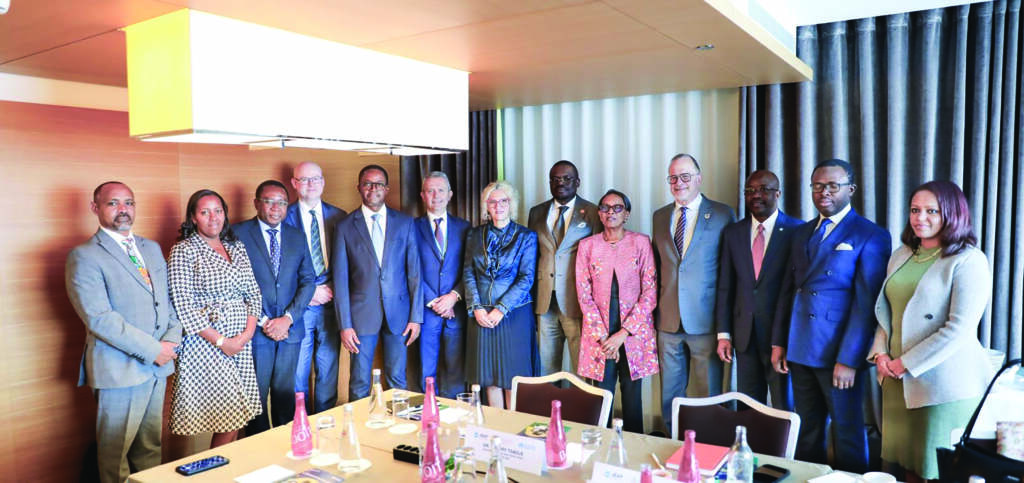Ntsoaki Motaung
The Africa Centres for Disease Control and Prevention (Africa CDC) has successfully secured a $10 million donor partnership to address Non-Communicable Diseases (NCDs) and Mental Health issues across the continent.
NCDs, injuries, and mental health conditions present significant obstacles to realizing the aspirations of Agenda 2063, aimed at forging an integrated, prosperous, and peaceful Africa driven by its citizens.
Annually, these health concerns contribute to millions of premature deaths and disabilities in Africa, also resulting in substantial economic losses running into billions of US dollars, according to Africa CDC.
Dr Abdulaziz Mohammed, Head of the Division of Disease Control and Prevention at Africa CDC, unveiled the $10 million donation during the ‘Unmasking the Silent Epidemics: NCDs, Mental Health, and Injuries’ plenary session at the 3rd International Conference on Public Health in Africa held in Lusaka, Zambia in late November.
Addressing mental health, Dr Mohammed highlighted a significant challenge: the absence of dedicated mental health leadership within the public health domain.
“Leadership programs have demonstrated substantial impact in recruiting individuals possessing the necessary mental health and public health competencies,” he said.
Dr Mohammed further revealed that the NCDs and Mental Health Programme is slated for implementation beginning in 2024.
Director for Health and Humanitarian Affairs at the African Union Commission, Professor Julio Rakotonirina, emphasised the correlation between communicable diseases and the rise of NCDs.
He stressed the importance of establishing adaptable, multisectoral health systems that can consistently respond to disease outbreaks, thereby addressing the burden of NCDs.
“A flexible and collaborative approach in health systems is essential to effectively manage high-burden NCDs amidst communicable diseases,” Rakotonirina explained.
Identifying crucial interventions to tackle NCDs, injuries, and mental health, he highlighted the necessity for member states, regional economic communities, and partners to align efforts in establishing, reinforcing, and coordinating multi-sectoral actions.
Minister of Health for Zambia, Sylvia Masebo, echoed the significance of a multisectoral approach in rectifying Africa’s health systems.
Masebo underscored that political will is pivotal in constructing sustainable health systems.
Additionally, Masebo emphasised the need for a holistic strategy, urging leaders to collaborate with other ministries that significantly impact health, such as sanitation and education.

Your Trusted Source for News and Insights in Lesotho!
At Newsday Media, we are passionate about delivering accurate, timely, and engaging news and multimedia content to our diverse audience. Founded with the vision of revolutionizing the media landscape in Lesotho, we have grown into a leading hybrid media company that blends traditional journalism with innovative digital platforms.












